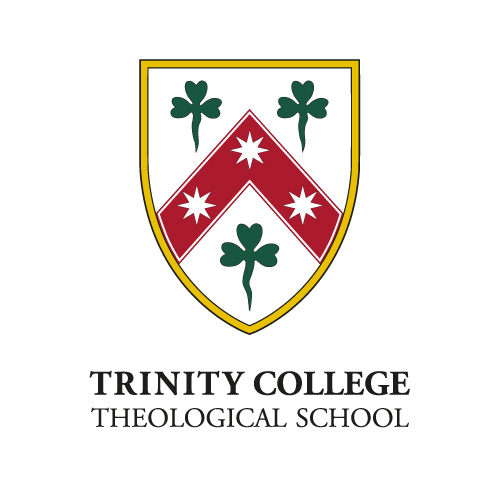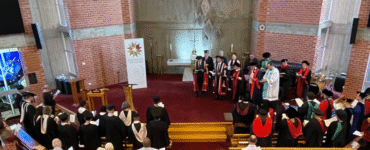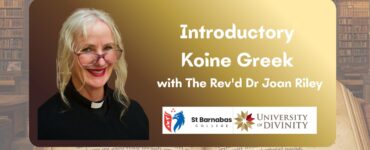- Evening online classes, Semester 1 2025, Tuesday 7-9pm
- Learn about Jewish traditions from a leading expert
- Special audit discount available
This 12-week unit is an exciting opportunity to discover the world of early Jewish exegesis and the role of the Hebrew Bible in early rabbinic Judaism.
Our lecturer, Dr Simon Holloway, will introduce the class to the important collections of rabbinic texts (Mishna and Talmud) and explore the origins of rabbinic exegesis: how biblical passages were re-contextualised, disambiguated and elaborated upon; and how the biblical corpus as a whole was mined for material of an ethical or legal nature. This unit is ideal for anyone interested in Jewish interpretations of the Bible and an indispensable foundation for future or current researchers in Hebrew Bible or New Testament studies.
Students can take this subject for credit, or as an audit student.
Audit price
$550 per audit student
50% off ($275) for:
- Anglican Clergy
- Lay ministers in the Anglcian church and associated Anglican ministries
- UD staff and HDR students
Meet the Lecturer
Dr Simon Holloway is the Manager of Adult Education & Academic Engagement at the Melbourne Holocaust Museum, where he oversees the development and delivery of tertiary, professional and corporate programs.
He holds a PhD in Classical Hebrew and Biblical Studies, for which he investigated the function of metaphor in the Hebrew Bible, and a Masters in Ancient History. At the museum, Simon lectures on Nazi racial science, Jewish resistance and the history of the Holocaust, but in his private time is an avid student of the Babylonian Talmud. His research at present concerns the identification of allusions to the biblical and rabbinic literature in diaries and letters produced during the Holocaust.
Contact
Admission and enrolment enquiries should be directed to:
Trinity College Theological School
(03) 8341 0231
tcts@trinity.edu.au

Trinity College Theological School is a college of the University of Divinity from the Anglican tradition, based in Melbourne, Victoria.






I would like to do more research at present concerning the identification of allusions to the biblical and Contemporary issue’s.